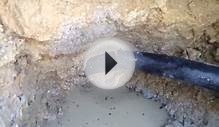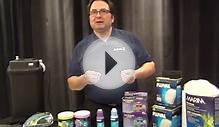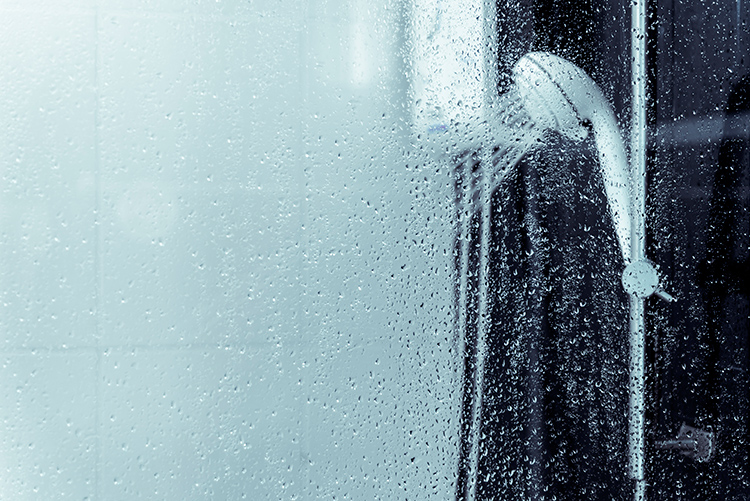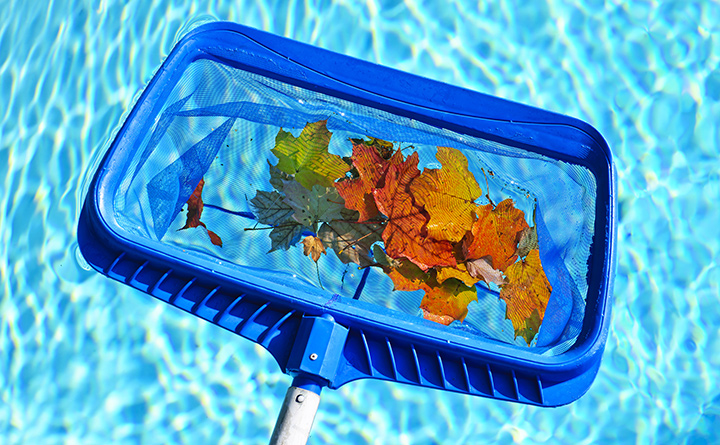
How to Fix cloudy pool water?
Clear, sparkling water is the ultimate goal of any swimming pool owner. When your pool water becomes cloudy, a pool does look less inviting. There are several possible causes for the cloudy pool water. A combination of two or more of these different things may also be the cause. Fortunately, by educating yourself about the possible causes you can learn how to troubleshoot and clear up the cloudy pool water condition. The more educated you become about the issue, the easier it will be to prevent cloudy pool water in the future.
Why Is My Pool Cloudy?
There are two main categorical reasons cloudy pool water: chemical and mechanical. Therefore, the first step to solving the problem is determining whether you have a mechanical or a chemical problem on your hands. Most likely, chemical imbalances are to blame - but it is relatively easy to rule out a mechanical cause. Take a look at each of the following mechanical causes in order to rule them out:
Make sure that the filter you're using isn't too small for your pool.
Check to ensure the pump and the motor are of an adequate size for your filter and type. An oversized pump can cause poor water filtration.
Clean the filter to ensure proper water flow. If you have not changed the sand filter media for a few years, the sand may have developed channels in the sand bed where the water flows through preventing proper filtration. If you have a DE filter, thoroughly clean the internal parts of the filter before re-charging with DE powder. Rinse cartridge filters and then cleaned them using an enzyme or a cartridge filter cleaner.
Gauge whether you are running the filter long enough each day. Operate the filter system eight to twelve hours each day.
Examine the water circulation, positioning the inlet jets downward and consider getting an automatic pool cleaner if the circulation isn't very good.
Be sure to vacuum and brush the pool on a routine basis.
What Are The Causes?
If you've taken a look at the preceding mechanical causes and have ruled them out, then you have a chemical based water quality issue. Pool water clarifier helps to coagulate small particles in the water, improving the ability of sand filters to capture them. Water clarifiers should not be your first choice to resolve this condition, so do not run out to buy them. If you have a DE filter, do not use water clarifiers as they may cause filter clogging and short cycling. Most often, the lack of proper water chlorination is the cause. This allows algae to flourish and make the water cloudy. Left untreated, the algae will advance until it blooms. Below, we briefly outline the different chemical imbalances that most often can contribute to cloudy pool water even though you are applying chlorine sanitizer into your pool.
The pH Is Too High - When the pH in your pool water exceeds 7.8, the chlorine reacts less quickly and is less efficient at killing off algae, often causing cloudy water.
The Total Alkalinity (TA) Is Too High - If the total alkalinity of your pool water is tested at higher than 200 ppm, cloudy water can result. Like high pH, high total alkalinity can render chlorine less effective. This is where many people get confused. One of the reasons that the term alkaline is not often used but the term basic is when talking about the pH scale is because this is the measurement of the total alkalinity content of the water. It is not quite the same as alkaline.
The total alkalinity is a measurement of the waters buffering ability, or its ability to resist change, absorb and neutralize acid in the water. Clearly, the more alkalinity or the higher the “Carbonate” Hardness, not to be confused with Calcium Hardness of the water, the less likely you will incur swings in the pH level in the pool water. Therefore, it is important to adjust the total alkalinity reasonably high to stabilize the pH in the water.
The Calcium Hardness (CH) Is High - If the calcium hardness (CH) of the water in your pool exceeds 400 ppm - and the water temperature is higher than 85 degrees Fahrenheit - persistent cloudiness can occur.
How Can I Cure The Cloudy Water Problem Fast?
If mechanical issues are causing the cloudy pool water you are experiencing, then you should invest in a proper filter for your pool. Make sure you run it often enough, and that you also manually brush and vacuum the pool regularly. Remember that owning a pool means performing routine maintenance in order to keep it looking its absolute best.
In the case of chemical imbalances, there are various solutions for each of the causes listed above. If the pH is too high, use pH Decreaser or pH reducer in the form of sodium bisulfate (granular) to lower it back to optimal levels. Similarly, a high total alkalinity is lowered using pH reducer too. It is common to need to make repeated applications when using pH reducer to lower the pH and the total alkalinity into the acceptable level. With high calcium hardness levels, the best option is to reduce the quantity of calcium-based chlorine that you use to maintain your pool. You should also use a settling agent to help reduce the calcium content that already exists in the pool. If you have a very high calcium level, you may have to replace some of the existing pool water with a fresh water source with lower calcium content.
What Can I Do To Prevent Cloudy Pool Water?
Careful maintenance is the key to preventing cloudy pool water. Regularly check your pool's chemical levels, and shock it on a routine basis with the right amount and type of chlorine pool shock for your pool capacity. Yes, there are brands out there of pool shock that have been priced at low discount prices, so that you think you are getting a bargain price. The truth is that they are weak in comparison to a 65% chlorine pool shock and require up to two and half times as much poundage to yield the same result for proper treatment. Keeping the total alkalinity level correct makes the water more stable against pH changes or fluctuations. Therefore, maintaining the total alkalinity level will provide better chlorine performance and a successful pool care routine. If high calcium hardness is to blame, you might want to add a settling agent or drain the pool partially then refill it every now and then. Keeping your pool water clear and sparkling is definitely possible - you just have to understand a little bit more about what causes cloudy pool water.
RELATED VIDEO



Share this Post
Related posts
Electric Showers
If you know how it feels to put up with the odd shower that does not hold a stable temperature and makes you slouch miserably…
Read MorePool Maintenance Tips
Pretty soon swimming pool holders will face the annual problem: opening a backyard swimming pool for the summer period. The…
Read More















